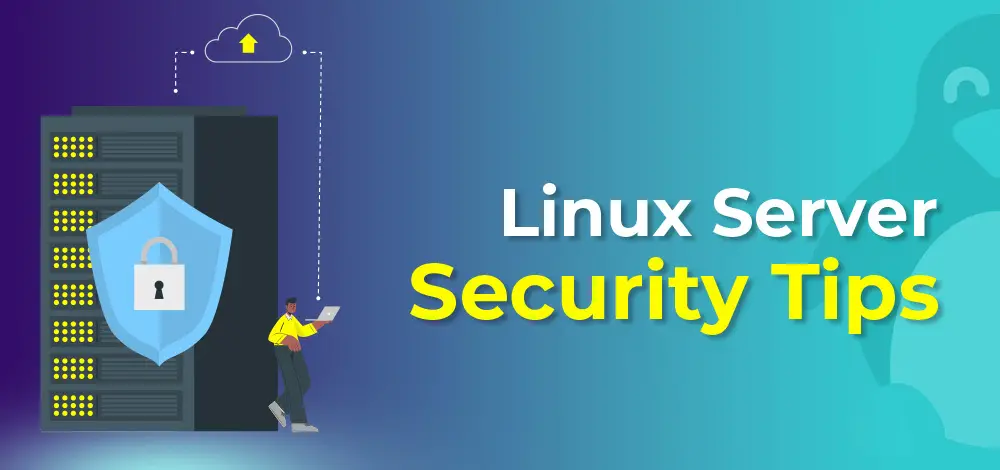Introduction
Welcome to our comprehensive guide on how to secure your Linux server. In this article, we will delve into various strategies and best practices to ensure the utmost security for your Linux server. Whether you are a seasoned system administrator or a beginner, this guide will provide you with the knowledge and tools necessary to protect your server from potential threats.
Understanding Linux Server Security
Before we dive into the specifics of securing your Linux server, it is crucial to have a solid understanding of Linux server security fundamentals. Linux is renowned for its robust security features, but it is still susceptible to vulnerabilities if not properly configured and maintained. By comprehending the key concepts and potential risks, you will be better equipped to safeguard your server effectively.
Choosing a Secure Linux Distribution
One of the first steps in securing your Linux server is selecting a secure distribution. Not all Linux distributions are created equal when it comes to security measures. Some distributions prioritize security and provide regular updates and patches to address vulnerabilities. Research and choose a distribution that has a strong reputation for security and a dedicated security team.
Basic Security Measures for Your Linux Server
Implementing basic security measures is essential to fortify your Linux server against potential threats. This includes practices such as disabling unnecessary services, configuring strong passwords, and enabling automatic updates. By following these fundamental steps, you can significantly reduce the risk of unauthorized access to your server.
Securing User Accounts and Passwords
User accounts and passwords are prime targets for attackers, so it is crucial to implement robust security measures to protect them. This involves creating strong passwords, enforcing password complexity policies, and implementing multi-factor authentication. Additionally, regularly auditing and monitoring user accounts can help identify and mitigate potential security breaches.
Protecting Network Services and Ports
Network services and open ports are common entry points for attackers, making it imperative to secure them. Restricting access to essential services, configuring firewalls, and implementing intrusion prevention systems can help safeguard your server from unauthorized access and potential attacks.
Implementing Firewall Rules for Enhanced Security
A firewall acts as a barrier between your server and potential threats, so it is crucial to implement effective firewall rules. By defining rules that allow only necessary inbound and outbound traffic, you can minimize the risk of unauthorized access and protect your server from various network-based attacks.
Regularly Updating Your Linux Server
Keeping your Linux server up to date is vital to ensure it remains secure against emerging vulnerabilities. Regularly installing updates and patches provided by the distribution’s security team helps rectify any known security loopholes and strengthens your server’s overall security posture.
Monitoring and Logging for Security Breaches
Proactive monitoring and logging play a crucial role in identifying and responding to potential security breaches. By implementing comprehensive monitoring tools and analyzing system logs, you can detect any suspicious activities or anomalies and take appropriate actions to mitigate them promptly.
Enhancing Server Security with Intrusion Detection Systems
Intrusion Detection Systems (IDS) provide an additional layer of security by actively monitoring and analyzing network traffic and system activities. By configuring an IDS, you can identify potential intrusions or malicious activities in real-time and respond swiftly to minimize any potential damage.
Conclusion
In conclusion, securing your Linux server is an ongoing process that requires a combination of knowledge, best practices, and regular maintenance. By implementing the strategies outlined in this guide, you can significantly enhance the security of your Linux server and protect it from potential threats. Remember, maintaining a secure server is essential for the integrity and stability of your entire system. Stay vigilant, stay updated, and prioritize security at all times.


